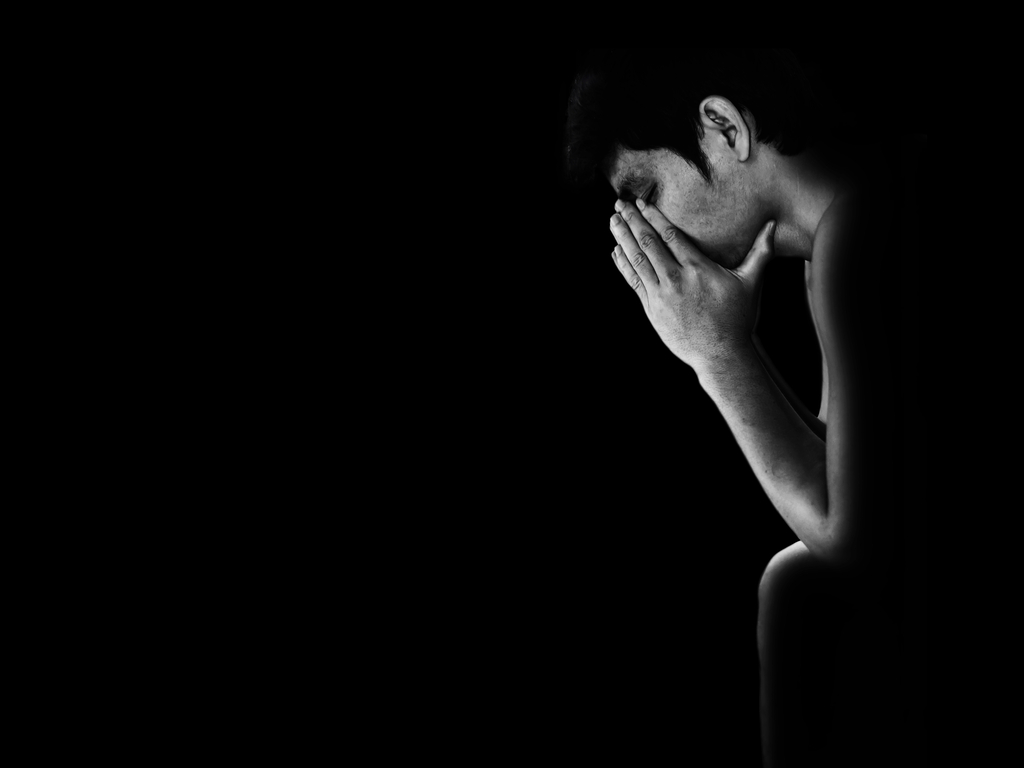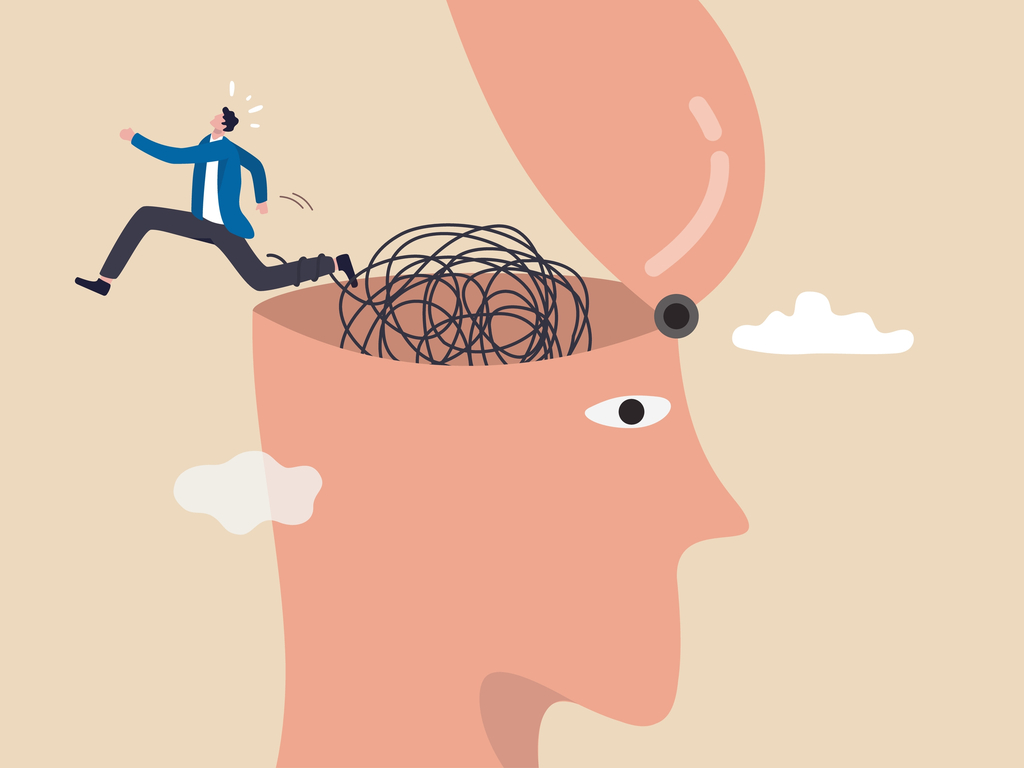
Hopelessness is a sense that life or a certain situation will never improve. Where does hopelessness come from? These feelings come from feeling caught in a particular situation or aspect of our lives without being able to see a way out of it. However, this can lead to vicious thought cycles. Here’s what you need to know about what hopelessness is, where it comes from, and how to combat these feelings in your own life.
What Hopelessness Is
According to the American Psychological Association, hopelessness is defined as “the feeling that one will not experience positive emotions or an improvement in one’s condition.” It is literally, the absence of hope. Also explained by having no sense that the future might be better than today. As a result, hopelessness is a feeling that things cannot be improved, helped, or saved.
Hopelessness is listed as a symptom of most depressive disorders. The tendency of sufferers to engage in poor coping mechanisms can cause even more similar feelings. Some of these may be sleep dysregulation or isolating oneself from others. Additionally, using an addictive vice like food or alcohol is thought to help one escape from these feelings. Sadly, a vicious cycle of self-fulfilling prophecies is a result of these actions.
Where do these feelings Come From?
Feelings of hopelessness may originate from a dangerous or desperate situation, such as abuse or a major trauma. Those suffering in these situations may go into “survival mode.” This is when one is focusing only on getting from one moment to the next. Also, they may not have the energy to contemplate the future. Consequently, this can make it seem as if there is no future at all, which leads to hopelessness.
Next, these feelings may also come from a narrowed perspective of the world. Often, those suffering from anxiety and depressive disorders will be unable to see their situation in its entirety. They’ll be prone to what are known as cognitive distortions. These are skewed views of your situation that can make you see the world in a harsher, more binary light than is true in reality.
However, it’s not just these major reasons that cause this feeling. Essentially, hopelessness comes from a sense of being “stuck” in a certain aspect of your life, and not knowing how to get “unstuck.” This “stuck” feeling can be caused by financial stress, relationship issues, health problems, and many other common stressors in our lives.

How to Fight Hopelessness
There are many ways to fight back.
- Fake it until you make it. If, for instance, you don’t bother applying for a job because you feel it is pointless to do so, you cannot be hired. Instead, apply anyway with the acceptance that getting it is always an option. Actively pursuing the things you feel hopeless about can sometimes prove our limited perspectives wrong. In turn, this can help prevent you getting caught in a cycle.
- Challenge your thinking. A common cognitive behavioral therapy technique is thought challenging. This technique is in which you act as a debater against your own negative thoughts. Ask yourself if the thought is truly credible in a concrete way. Also ask yourself how you might react to a person you love expressing this thought to you.
- Seek professional help. Sometimes your feelings of hopelessness can severely impact your life. If you don’t feel that they are improving, then it is time to talk to a licensed mental health professional. They can give you techniques and tools appropriate to your situation to help you overcome your sadness.
Conclusion
Hopelessness is a deeply unpleasant and unsettling feeling. It can lead to significant amounts of pain and suffering. Unfortunately, it has been a major contributing factor in many cases of self-harm and suicide.
Taking action against hopelessness starts with understanding it. If you know what hopelessness is and where it comes from, you can use that knowledge to change your perspective. You can use this knowledge also to regain your hope.
References
https://www.familyaddictionspecialist.com/blog/feeling-hopeless-signs-symptoms-and-ways-to-recover
https://dictionary.apa.org/hopelessness
https://www.verywellmind.com/9-things-to-do-if-you-feel-hopeless-5081877
https://www.psychologytoday.com/us/blog/anxiety-files/202104/how-overcome-hopelessness
https://www.maketheconnection.net/symptoms/feelings-of-hopelessness/
https://www.ncbi.nlm.nih.gov/pmc/articles/PMC4689589/
https://www.therapistaid.com/therapy-worksheet/challenging-negative-thoughts